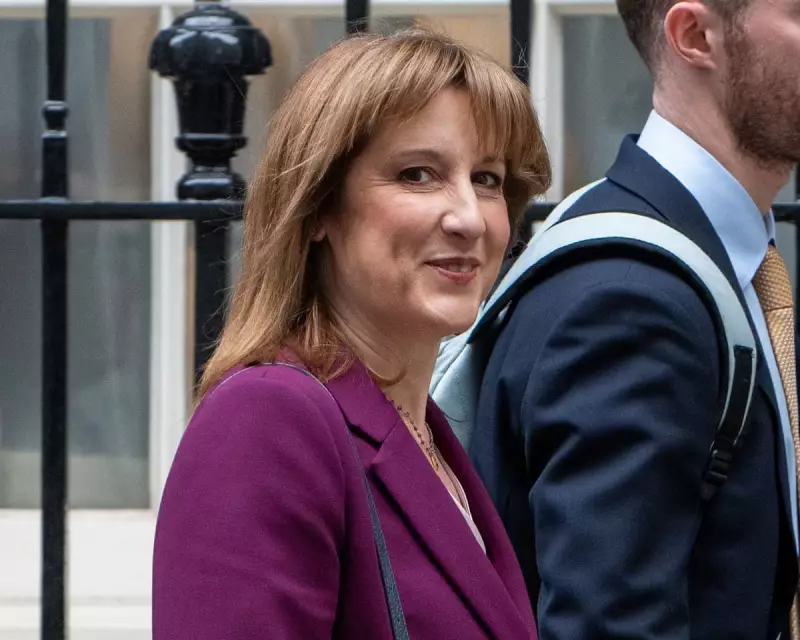
In a highly anticipated address that was meant to reassure markets and the public, Chancellor Rachel Reeves has laid out her vision for Britain's economic future. However, beneath the polished rhetoric of stability and careful stewardship lies a troubling reality: the government may be gambling with the nation's financial security.
The Illusion of Control
Reeves's speech, delivered with characteristic confidence, painted a picture of a government firmly in control of the economic levers. She emphasised fiscal responsibility and long-term planning, positioning herself as the antidote to previous Conservative volatility. Yet this carefully constructed narrative masks significant underlying vulnerabilities.
The fundamental problem lies in the government's assumption that global economic conditions will remain favourable enough to support their spending plans without triggering inflationary pressures or requiring painful tax decisions.
Precarious Foundations
Several critical factors threaten to undermine Reeves's stability narrative:
- Global economic uncertainty: With international markets showing increasing volatility, Britain's export-dependent economy faces significant headwinds
- Public service pressures: The NHS, social care, and education systems all require substantial investment that may exceed current budget allocations
- Political constraints: The government's self-imposed fiscal rules limit its ability to respond to unexpected economic shocks
- Growth assumptions: Projected economic growth rates appear optimistic given current productivity challenges
The Reality Check
While the Chancellor speaks of stability, the economic landscape tells a different story. The UK remains vulnerable to external shocks, from energy price fluctuations to supply chain disruptions. The government's strategy appears to rely heavily on everything going right—a dangerous assumption in today's unpredictable global environment.
The gap between political rhetoric and economic reality is becoming increasingly apparent. As one analyst noted, "Promising stability is politically popular, but delivering it requires either extraordinary luck or painful choices that the government seems unwilling to make."
Looking Ahead
The coming months will test whether Reeves's approach represents genuine economic stewardship or what critics are calling "magical thinking." With multiple economic indicators flashing warning signs, the government's stability narrative may prove difficult to sustain.
What remains clear is that the British public deserves more than comforting words about stability. They need transparent acknowledgment of the challenges ahead and a credible plan to address them—something that appears to be missing from the current economic discourse.





